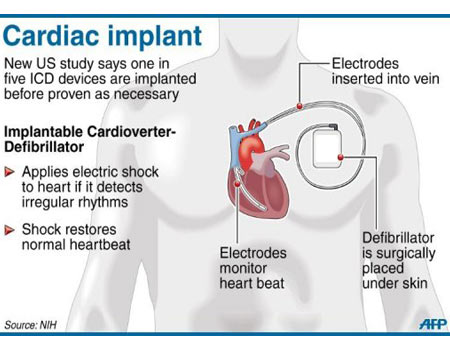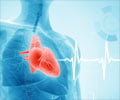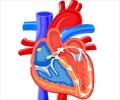Management of Palpitations
Simple palpitations, occurring rarely, not associated with heart disease or any other abnormities need no specific treatment. They do not affect normal life activities. Reducing stress, anxiety, caffeine, alcohol and nicotine can help preventing further palpitations. Patients with premature contractions caused due to increased adrenaline levels can be treated with beta-blockers, which reduce heart rate and the effects of adrenaline on the cardiac system. Treatment should be tailored to each patient depending on his or her abnormalities. Find the cause and reverse the factors that cause arrhythmia” should be the motto to treat palpitations on patients with persistent symptoms.
Medications should be given to treat hypothyroidism.
Treating coronary artery disease may help with certain ventricular arrhythmias.

Moderate to severe valve diseases such as aortic stenosis should be treated with valvuloplasty or valve replacement depending on their symptoms. This can also prevent heart failure, which in turn leads to ventricular arrhythmias.
Atrial fibrillation and atrial flutter should be controlled with medications. Cardioversion should be considered on patients with chronic atrial flutter or fibrillation to prevent thromboembolism.
Life threatening ventricular arrhythmias should be immediately reverted back to normal rhythm using a defibrillator. Permanent Implantable cardioverter defibrillator (ICD) can save the life in case of high risks cases where there is a risk of sudden cardiac death.
Pacemakers should be implanted if the sinus node is diseased or fails to take control of the electrical activity. Patients with significant bradycardia should be evaluated for permanent pacemaker implantation.
Radio Frequency Ablation (RFA) can be performed to cure certain forms of arrhythmias. RFA usually follows an Electrophysiology study. When the specific areas of heart muscles causing the abnormal rhythm are identified, a special catheter is inserted to the heart. Radiofrequency energy is cast to these muscles and these cells are destroyed carefully in very small areas. The cauterized area is usually about one-fifth of an inch. The abnormal electrical impulses are stopped from being conducted. Supraventricular tachycardia is commonly treated by ablation and has very high success rate. Atrial flutter and fibrillation can also be treated by this procedure.






















